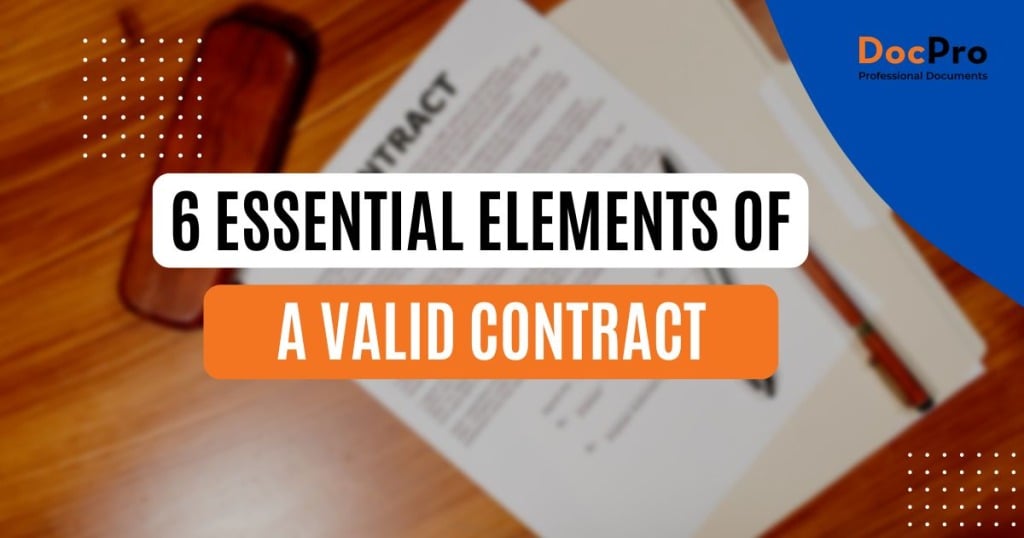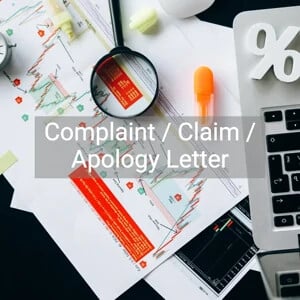Agency / Commission / Revenue / Cost Sharing Arrangement


Members are often confused about which type of document shall be used in relation to commission and fee-sharing agreement. The following table is a quick reference guide (please note that some of the agreements are under different categories):
|
Documents |
When to Use |
|
Sales Representative Commission Agreement |
A Contractual Agreement between Company and Sales Representative re Commission to be received by the Sales Representative. The Sales Representative acts as an agent for the Company. |
|
Marketing Agency Agreement |
Agreement or manufacturer appointing marketing agent (not sales agent who can bind the Principal) into new territory. The Agent is paid a commission as a % of the Price. with an experienced agent on board, this may lead to a decrease in costs as a company may structure their overhead costs more efficiently. |
|
Finder's Agreement |
The Agent introduces a transaction to the Principal in return for a Commission (Finder's Fee) upon the completion of the transaction. |
|
Engagement Letter and Success Fee Agreement |
Company to engage investment advisor to find investors. Alternately, investors engage investment advisors to introduce transactions. Both on a success fee basis. |
|
Success Fee Sharing Agreement |
Fee sharing letter for an advisor to share its fee received from the company with an introducer for introducing investors on a successful basis. |
|
Referral Fee Agreement |
Referral Fee Agreement where Referrer may refer potential customers to Seller for a referral fee. The referral fee can be fixed or as a % of the net value of goods and services. |
|
Service Fee Sharing Agreement |
Service Cost Sharing Arrangement for a servicer to share its fee received from clients referred by the referrer who will also be responsible for liaising with clients. Qualified cost-sharing arrangements should specify the types of costs, the accounting method and the allocation of costs of each party. |
In general, cost-sharing agreements allow businesses to increase their profit margin through a cost-sharing arrangement, which leads to a decrease in costs. Businesses would be able to avoid some unnecessary cost payments. However, it is advisable for businesses to look out what are the types of costs that are capable of sharing and those that may bring accounting problems. It is advisable for businesses to first consult their attorney or account before entering into any cost-sharing agreements.

31 Jul 2025
3 min read

21 Jul 2025
3 min read

27 Jan 2023
5 min read

28 Sep 2020
8 min read

10 Dec 2019
8 min read







Not the right document?
Don’t worry, we have thousands of documents for you to choose from: